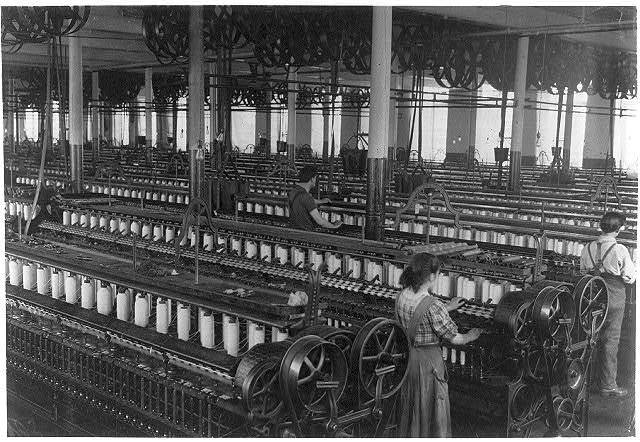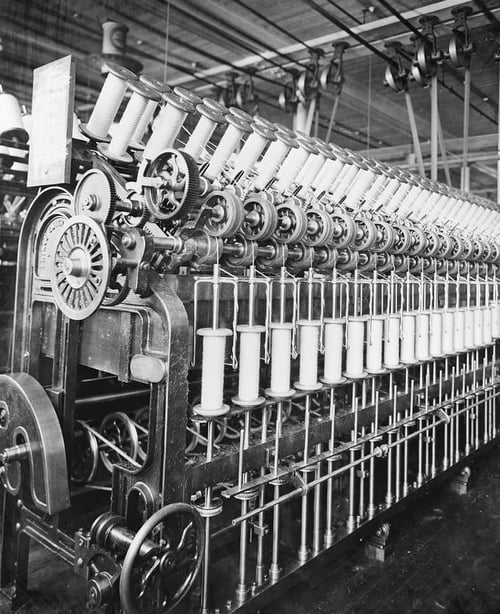Automated Texts + Product Descriptions
How Automated Content Satisfies Google - what is unique?
Reading Time 3 mins | March 7, 2024 | Written by: Robert Weißgraeber

Update November 2024: John Müller defines what Google rates as ‘unique content’
John Müller (Google's official Search Advocate), writes: ‘Unique doesn't mean a unique combination of words, but really something that nobody else is providing, and ideally, that others can't easily provide themselves.’
So ‘unique content’ is not about the words/phrases being as unique as possible, but about a holistic view of the content: is it unique in terms of content and therefore valuable for the user.
This also corresponds to the argumentation that Google has used in the past for the use of content automation and AI texts or text generation: if it is helpful and valuable content that offers added value for the reader, Google will not judge the technology with which it was produced negatively.
Google spam update: "Scaled content abuse"
On March 5, Google took the fight against "spammy, low-quality content" to the next level.
The company describes measures against content generated on a large scale with the sole aim of influencing rankings ("generate low-quality or unoriginal content at scale with the goal of manipulating search rankings"). Google speaks of "scaled content abuse" in this context.
This is not a fundamental innovation, but a consistent continuation of the efforts of rewarding good content ("helpful content") and punishing spammy content. These measures were previously in a separate category "helpful content updates", and are now part of the so-called core updates, which change the core algorithms of Google search.
Since the invention of the weaving machine, carpets are no longer woven by hand.
And the world of writers is changing in the same way, and nowadays they can "build their own writing hub" using automation platforms that combine automation and AI (GPT, DeepL...).

Just as machines changed people's work back then, tools like ChatGPT are now changing work again. After the industrial revolution, we are now in the "intellectual revolution".
Increasing quality through automation
Well-made mass-produced content should not be equated with poor quality
The mass production of empty content as a kind of mass-produced low-quality content - there used to be the term "thin content" for content that only has 1-2 paragraphs of banal text - is absolutely comparable to production mechanisms that we have known since the industrial revolution.
Therefore, in the Intellectual Revolution, we can skip the intermediate step with low quality: and just as a Toyota or VW produced in the factory stands for the highest quality of the product produced, we can use text automation to produce texts of the highest quality.
Good texts are made up of, for example
- in-depth technical expertise that not only describes all the attributes of a product but also categorizes them in benefits formulations: "This cardigan has buttons." vs. "Thanks to the cardigan's buttons, it is also suitable for a garden party on a warm summer evening."
- Topicality, not only at the time of writing, but also when the market environment of the products changes: the 55" TV was the "largest model on the market" in 2017 - now it is no longer.
- Multi-part: on the web, elements such as product title, meta description, FAQ, etc. are also part of the product description.
- Adapted for the respective medium and channel: a product text for Amazon, for example, has to be structured completely differently due to user expectations and Amazon's internal search algorithms - but contains the same information and links to the product data.
All of these quality aspects can only be achieved through automation with the constantly increasing range of different products sold on more and more marketplaces and a fast-moving inventory.
Editing drafts vs. end-to-end automation
Generating drafts is not automation. A process in which the number of objects that a human has to "touch" also scales is not a solution. This would be comparable to the halls of mechanical looms, which were still operated manually by people.
The much-vaunted "human-in-the-loop" belongs in factory planning, not in the sweatshop.
Robert Weißgraeber
Robert Weissgraeber is Co-CEO and CTO at AX Semantics, where he heads up product development and engineering and is a managing director. Robert is an in-demand speaker and an author on topics including agile software development and natural language generation (NLG) technologies, a member of the Forbes Technology Council. He was previously Chief Product Officer at aexea and studied Chemistry at the Johannes Gutenberg University and did a research stint at Cornell University.
